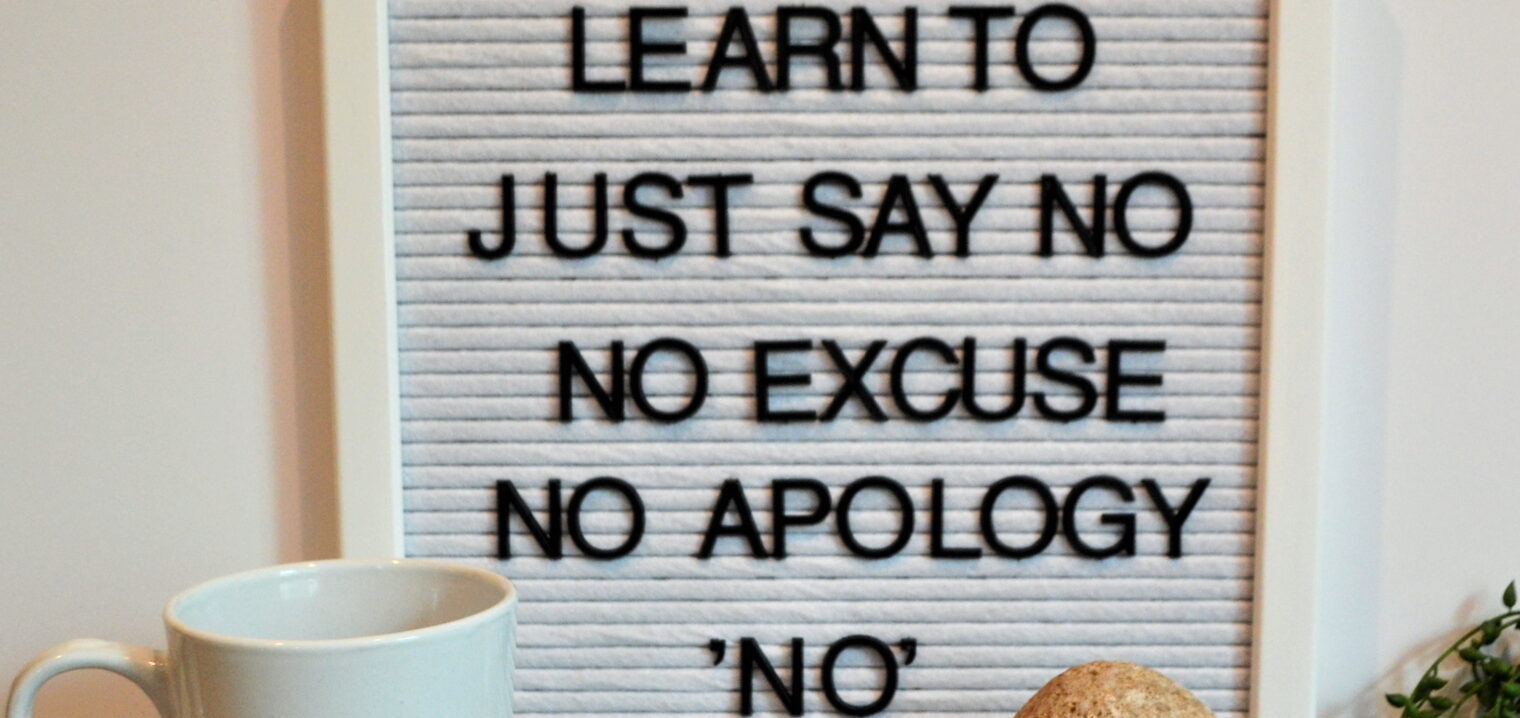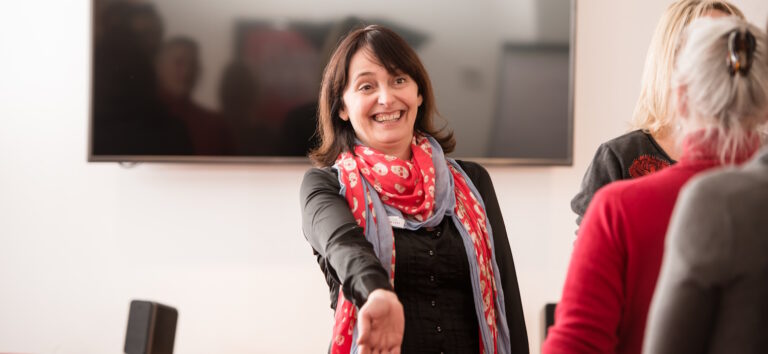
Assertiveness: Why it’s Hard to Just Say No
It’s really hard to say no for a lot of reasons – reasons that unassertive people believe are true usually with very little evidence.
Every unassertive person wishes they could just learn to say no, or at least say no without feeling overwhelmed with guilt, anger, and fear.
For such a short word, it has a lot of power over us.
It’s really hard to just say no for a lot of reasons – reasons that unassertive people believe are true usually with very little evidence. Here are a few we’ve heard on our assertiveness training courses over the years.
If I Say No I Won’t be Liked
If people rely on you for all sorts of things, if you learn to say no it might put their noses out of joint. They might become resentful and they won’t like you anymore. There is probably a small likelihood of that happening. But the reality is that just saying no may pose an inconvenience to someone. But it is unlikely to cause a breach of a friendship unless that friendship was based on pretty dodgy ground in the first place.
If I Learn to Say No I Could Lose my Job
Obviously, saying no too often could indeed put you in a precarious position at work. Then you’d get a reputation for being difficult, uncooperative, and agressive. However, the chances of being sacked because you can’t do everything other people want when they want is highly unlikely.
People Expect me to Say Yes
Of course they do! People are used to you saying yes, so if you just say no it will probably come as a bit of a surprise. Every time you say yes the picture gets reinforced that you are always available, and always accommodating. No need to look elsewhere if you’re the compliant one.
Take it from me and my own personal experience, if you learn to say no a couple of times, people will find someone else to take up the slack.
If I Say No I’ll Feel Guilty
Guilt is a complete and total waste of time. It does nothing, changes nothing and you go around weighed down by it. Isn’t it interesting that you might feel guilty for putting yourself first for a change? What also happens is that unassertive people often yearn for someone to let them off the hook by saying
“Don’t worry, it’s fine, I’ll get someone else to help out this time.”
When that doesn’t happen, the guilt gets even bigger and resentment can creep in.
If I Say No They Might get Angry
Yup, they might. ‘They’ might also give you a hard time, try to play on your guilt, try to bully you, etc. Or they might not. They might simply accept you just saying no.
The point is that the fear of how other people might react to your assertiveness is what keeps many people from saying no.
Learn to Say No
Learning to say no can be easier than you think and worth the effort as there are many benefits to being assertive.
Most unassertive people have a hard time saying no because of a humiliating experience when they were younger. Perhaps they got yelled at or bullied or made to feel inadequate or ungenerous.
Most people only need a few humiliating or belittling experiences to alter their natural assertive behaviour and become more compliant. They take on the message that it’s not ok to just learn to say no, so they learn not to. Lack of assertiveness becomes a manifestation of one or more of the psychological barriers to communication that can cause issues inside and outside the workplace.
We at Impact Factory have created a gentle and supportive approach to Assertiveness Training. It will help you learn to say no without causing offense, upset in others, or additional guilt in you.
Listen to – David Mitchel Talking to Jo Ellen Grzyb about Assertiveness
Read – Assertive Communication – 5 Tips For Effective Use
Learn to Say No
We also offer One and Two-day Assertiveness Skills Courses – designed to help people recognise the patterns of thought and behaviour they have acquired that leave them feeling disempowered.
Impact also Factory runs
Tailored Assertiveness Training
and personalised
One-to-One Assertiveness Skills Training
for anyone who is interested in
Assertiveness Issues
By Jo Ellen Grzyb, Director, Impact Factory







